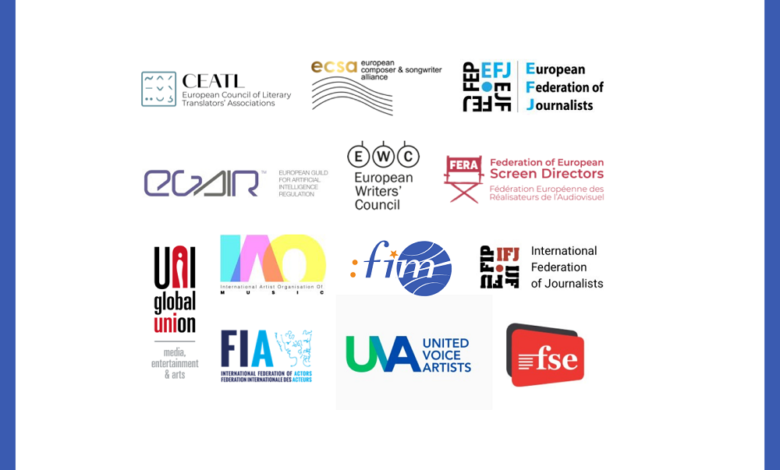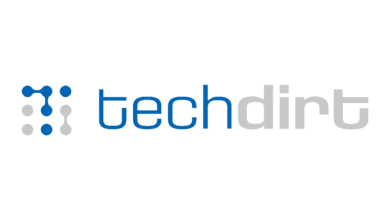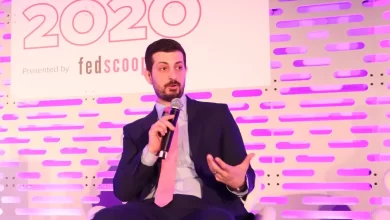Professional organisations release a joint statement on generative artificial intelligence and the EU AI Act

– Creative workers claim that the legal framework needs to be implemented in an effective way in order to enable authors and performers to exercise their rights
Organisations representing the collective voice of writers, performers, composers, songwriters, screen directors, screenwriters, visual artists, journalists, translators and other creative workers have released a joint statement on generative artificial intelligence (AI) and the European Union AI Act.
The AI Act is the first-ever legal framework on AI, which addresses the risks of AI and positions Europe to play a leading role globally. The Act aims to provide AI developers and deployers with clear requirements and obligations regarding specific uses of AI, and at the same time, the regulation seeks to reduce administrative and financial burdens for business, in particular small and medium-sized enterprises (SMEs).
“The AI Act still needs to be implemented in an effective way in order to preserve fundamental rights, safeguard transparency, and enable authors and performers to exercise their rights,” the statement reads. “However, even with a proper implementation of the AI Act, it will only serve as a temporary fix for a much larger problem unless legal ambiguities are addressed, and transparency, informed consent and remuneration are firmly enshrined in the existing legal framework.”
Specifically, according to the signatories, “The text and data mining (TDM) exception does not mention or define ‘artificial intelligence’ or ‘generative AI’, and was not conceived with large-scale generative AI models in mind. This broad interpretation of the TDM exception does not meet any public policy objective and appears to retrospectively justify the massive scraping of our members’ works and performances, to the sole benefit of AI companies. While AI models scrape creators’ works on an unprecedented scale, any effective reservation of rights for TDM should already have led to licences between all of the original rightsholders in the works concerned and generative AI businesses, including after the transfer of the creators’ exclusive rights to a third party. Creators should have received information about the revenues that the scraping of their works contributes to generating, in order to determine and enforce appropriate licensing mechanisms. This has not, however, been the case. The truth is that their works and personal data have been used on a massive scale without any possibility for them to reserve their rights and be remunerated in return.
“Using works and performances in the context of AI models is radically different from traditional forms of exploitation. In this context, as the integrity of their work and their personal reputation may well be jeopardised, creators should retain the ability to consent to or refuse such usage of their work. As such, they must be involved in the exercise of their rights reservation and the design of the technical protocols used to this end – as well as any policy discussions regarding generative AI,” the statement concludes.
The signatories include CEATL (European Council of Literary Translators’ Associations), ECSA (European Composer and Songwriter Alliance), EFJ (European Federation of Journalists), EGAIR (European Guild for Artificial Intelligence Regulation), EWC (European Writers’ Council), FERA (Federation of European Screen Directors), FIA (International Federation of Actors), FIM (International Federation of Musicians), FSE (Federation of Screenwriters in Europe), IAO (International Artist Organisation), IFJ (International Federation of Journalists), UNI MEI – UNI – Media, Entertainment and Arts and UVA (United Voice Artists).
Read the full statement here.



